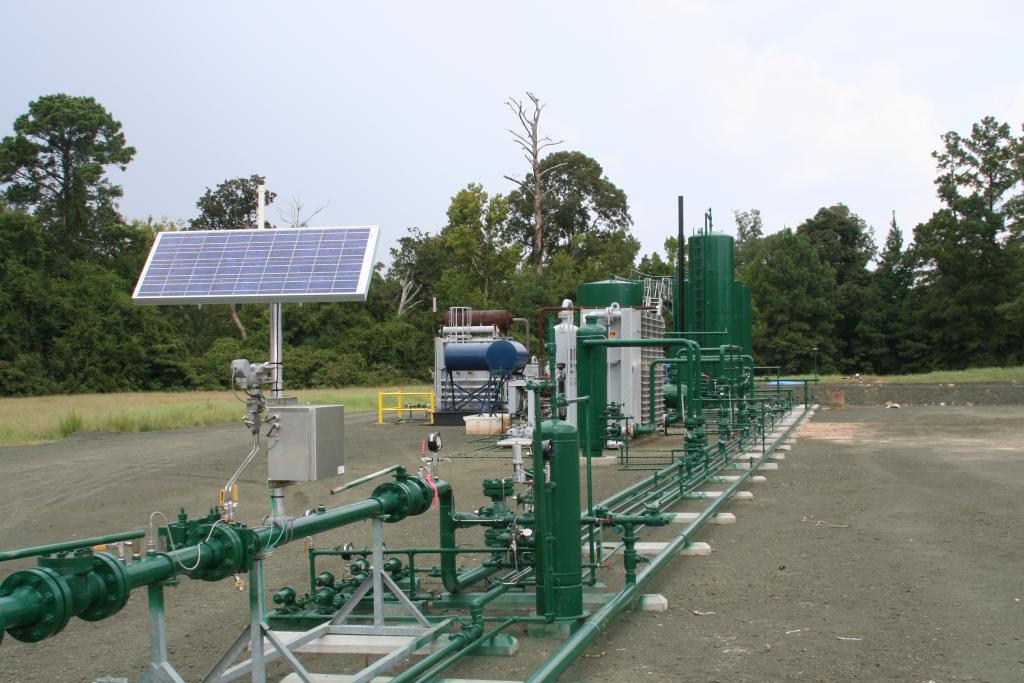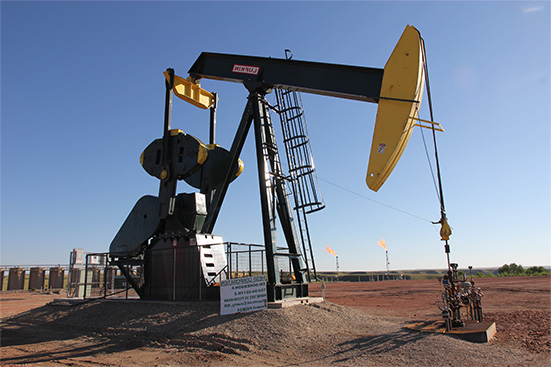
Oil and gas remain essential to powering modern life, but the way energy is produced and managed is changing fast. Today’s oil and gas investments are shaped by more than just the search for returns; they’re also influenced by growing demands for responsibility, transparency, and long-term sustainability.
Investors today are looking not only for returns but also for responsibility. Environmental, Social, and Governance (ESG) priorities and carbon-capture initiatives are transforming how the industry operates and where opportunities lie.
As the industry evolves, oil and gas investments continue to show strong potential, offering solid returns while also moving toward cleaner and more sustainable ways of producing energy.
What Is Carbon Capture and Why It Matters
Carbon Capture, Utilization, and Storage (CCUS) is changing the way the world approaches energy production. This technology captures CO₂ from industrial sources or directly from the air, storing it safely underground or using it in applications like enhanced oil recovery.
Global CCUS capacity is expected to grow rapidly over the next decade. The International Energy Agency (IEA) notes that projects now in development could raise capture capacity to around 430 million tonnes of CO₂ per year by 2030, up from current levels. The agency also highlights that further expansion will be key to reaching global net-zero goals.
In the U.S., the Department of Energy’s CarbonSAFE initiative continues to advance large-scale carbon storage by funding commercial-ready CO₂ storage projects and expanding infrastructure across key regions. These investments strengthen domestic energy production and position the U.S. as a leader in carbon-capture innovation.
For investors, this growing momentum around CCUS means more than environmental progress – it opens the door to long-term opportunity. As adoption increases, carbon management supports production efficiency, creates new revenue potential, and adds stability to diversified energy portfolios.
ESG Principles Driving Industry Transformation
ESG (Environmental, Social, and Governance) is now a key lens through which energy companies are judged. In oil & gas, ESG performance increasingly affects access to capital and investor trust.
According to the 2024 Institutional Investor Survey, about 80% of institutional investors believe ESG factors influence a company’s financial performance, and many integrate ESG into their investment decisions.1 That means for producers, adopting cleaner technology, transparent reporting, and responsible community practices aren’t just good PR; they’re becoming business fundamentals.
For oil & gas investors, that shift is an advantage. Companies with strong ESG practices tend to manage risk better, improve operational efficiency, and weather market cycles more resiliently. Aligning your capital with firms focused on ESG can enhance long-term stability and upside potential.
Contact DW Energy
Want to learn more about oil & gas investing? Our expert team can provide you with more information or schedule a consultation to talk about diversifying your investment portfolio.

How Carbon Capture Strengthens Oil and Gas Projects
Carbon capture doesn’t compete with oil and gas. In many cases, it enhances it. Operators are integrating CCUS systems with existing wells to reduce emissions, extend field life, and maintain production levels.
The U.S. already has about 5,200 miles of CO₂ pipelines, many of which are used to move captured carbon to oil fields for enhanced recovery. This network proves that carbon transport is safe, reliable, and already part of the country’s energy system.
By combining carbon capture into production, operators can more effectively meet environmental standards while improving efficiency and extending the life of their reserves. For investors, this creates opportunities to join projects that deliver strong returns while aligning with evolving environmental policies.
Why ESG and Profitability Work Together
There was a time when “responsible investing” and “oil investing” were seen as opposites. That’s no longer the case. Cleaner technologies, better practices, and strong governance are proving that environmental care and financial growth don’t have to be at odds.
Energy companies that commit to ESG often see cost benefits through better efficiency, reduced downtime, and more responsible operations. The Department of Energy’s Carbon Management Strategy emphasizes efforts to “de-risk, lower costs, and optimize performance” in carbon transport, storage, and integration with energy systems. That kind of efficiency focus aligns ESG goals with improved operations.
For qualified investors, backing ESG-aligned oil & gas projects means you’re choosing companies built to last. These firms tend to manage risks better, adapt to regulatory shifts more smoothly, and deliver more resilient returns over time.
How Can Carbon Capture Create New Investment Value?
Carbon capture projects can offer several advantages. They help operators meet environmental standards while controlling future compliance costs. At the same time, captured CO₂ can support enhanced oil recovery (EOR) efforts, helping maximize output from existing wells.
Such projects also qualify for the Section 45Q tax credit, which provides a financial incentive for capturing and securely storing CO₂. Under current rules, the credit can reach up to $85 per metric ton for CO₂ sequestered in geologic formations. This makes carbon capture an appealing value-add for energy investments.
Combined, these features make CCUS projects attractive for qualified investors. You’re not just investing in production – you’re backing infrastructure with built-in incentives that can support long-term returns and stability.
How DW Energy Helps Investors Succeed in a Modern Energy Market
At DW Energy Group, we recognize that energy innovation and sustainability go hand in hand. Since 2008, we have specialized in identifying and managing oil and gas opportunities that combine strong production potential with tax-advantaged structures and long-term value.
As a non-operating partner, DW Energy allows qualified investors to participate directly in domestic energy projects without assuming operational risk. Our team focuses on projects that integrate responsible practices, efficient production, and transparent reporting – elements that align closely with ESG-driven expectations.
We believe that the future of energy investment is balanced, where technology, stewardship, and profitability support one another.
How ESG and Carbon Capture Support the Future of Oil Investment
The oil and gas industry continues to evolve, shaped by technology, innovation, and investor demand for accountability. Carbon-capture development and ESG integration aren’t temporary trends; they’re defining features of a modern, sustainable energy future.
Oil and gas investments today go beyond traditional returns. They offer a way to support U.S. energy independence while benefiting from reliable, tax-efficient income tied to real assets. By choosing companies that prioritize both performance and responsibility, investors are aligning with a stronger, forward-focused sector.
DW Energy Group is here to help investors make confident, well-informed choices as the industry evolves. To learn more about how we align investor goals with responsible, high-performing energy projects, visit our site and explore current opportunities.
Contact dw energy
Sources
“CCUS projects around the world are reaching new milestones,” IEA,
https://www.iea.org/commentaries/ccus-projects-around-the-world-are-reaching-new-milestones
“It is time for CCUS to deliver,” IEA,
https://www.iea.org/commentaries/it-is-time-for-ccus-to-deliver
“CarbonSAFE Initiative Making Progress Toward Commercialization,” National Energy Technology Laboratory, https://netl.doe.gov/node/12878
“2024 Institutional Investor Survey,” Hoover Institution,
https://www.hoover.org/sites/default/files/2024-05/2024-cgri-msci-sustainability-survey-FINAL.pdf
“Carbon Capture and Storage in the United States,” Congressional Research Service,
https://www.congress.gov/crs-product/R44902
“Office of Carbon Management,” U.S. Department of Energy,
https://www.energy.gov/fecm/office-carbon-management
“The Section 45Q Tax Credit for Carbon Sequestration,” U.S. Congress,
https://www.congress.gov/crs-product/IF11455
